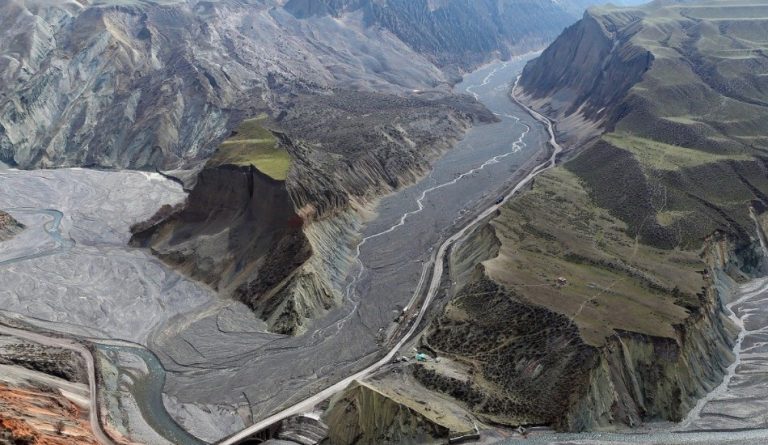Australia is taking a dig at China’s dominance in the global mineral supply chain, with King Island Scheelite announcing that a $10 million loan has been secured from the government.
The 10-year loan aims to help reopen a tungsten mine located on King Island in the Bass Strait, which has been lying dormant for roughly 30 years. The federal government is planning on giving $15 million in aid to the project, and discussions are currently in the negotiation phase.
In total, $85 million is required to reopen the mine that was operational between 1917 and 1992. The mine was closed due to falling tungsten prices, making it financially unviable. But with demand now having grown due to the introduction of new technologies, prices are currently at a level that makes tungsten production an attractive investment. After securing the additional $15 million from the federal government, the remaining money will need to be raised from debt and equity markets.
King Island Scheelite has signed contracts with several companies to buy out 70 percent of its planned production. Tungsten has a high melting point and is the world’s hardest mineral after diamond. It is a critical component of various military hardware, electric vehicles, high-end drills, etc. As such, China accounting for 82 percent of tungsten’s global supply is a big issue for democratic countries like the U.S. and Australia.
“We note that several western governments have recently identified a crisis in the supply chain for critical minerals, particularly tungsten, for which North America currently has no mines in production.
Success
You are now signed up for our newsletter
Success
Check your email to complete sign up
“Therefore, we see a close alignment between the company’s development objectives, the Tasmanian government’s interests in maintaining and growing both Tasmanian jobs and export revenue, and the strategic objectives of the Australian government,” said Johann Jacobs, Executive Chairman of King Island Scheelite, in an investor announcement.

In October last year, former President Donald Trump had declared a national emergency because America was excessively dependent on China for its rare earth mineral supply. He had signed an executive order encouraging America to fund mineral processing centers outside China.
He also wanted to incentivize U.S. mining firms to pull out their China operations and go back to the U.S. Last month, the United States government offered $30 million in funds to Lynas, an Australian rare earth miner. The funds are to be utilized to set up a processing plant in Texas. The United States has no operating mine concerning tungsten, while Australia only has a Tasmania deposit.
Hugh White, an emeritus professor of strategic studies at the Australian National University, pointed out that critical mineral projects will likely see more government funding over the next decade due to a need to decouple from China. He notes that Australia’s dependence on China for critical minerals is problematic for Canberra as China’s dependence on Australia for iron ore is a vulnerability for Beijing.
“We are basically saying we are not prepared to trust China as a supplier of tungsten and other critical minerals. What we have to understand is there may be consequences for this stance… The further trust erodes on both sides, then the harder it will be for [Canberra and Beijing] to get back to more normal relations,” he said to AFR.














